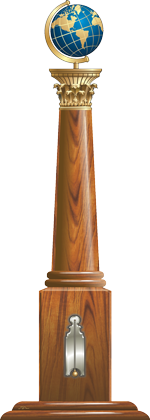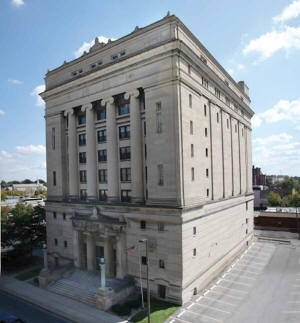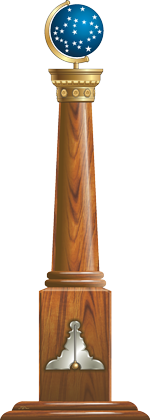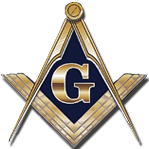 |
 |
Located at: 216 East Washington Blvd Corinthian Room on 3rd Floor Fort Wayne, IN 46802 •Click for Map •Take a Virtual Tour Stated Meetings: Fourth Wednesday of each Month Second Wednesday for Nov. & Dec. Dinner at 6:30 PM Meeting at 7:30 PM Visit Us on facebook Like us to get news and updates |
 |
Why be a Mason? Freemasonry aims to promote Friendship, Morality, and Brotherly Love among its members. It is, by definition, a fraternity; comprised of men from every race, religion, opinion, and background who are brought together as Brothers to develop and strengthen the bonds of friendship. With over 3 million members, Freemasons belong to the largest and oldest fraternal organization in the world. Freemasonry proposes to "make good men better" by teaching - with metaphors from geometry and architecture - about building values based on great universal truths. Part of the mystique of Freemasonry can be attributed to speculation about its roots. Despite many theories, researchers have been unable to conclusively determine exactly when, where, how, and why Freemasonry originated. The order is thought to have arisen from the English and Scottish guilds of practicing stonemasons and cathedral builders in the Middle Ages, but certain Masonic documents actually trace the sciences of geometry and masonry to the time of ancient Egypt, and some historians say that Masonry has its real roots in antiquity, even before great civilizations arose. The formation of the first Grand Lodge in London in 1717 marks the beginning of the Modern (or "Speculative") era of Freemasonry, when membership was no longer limited to actual working stonemasons. These "Accepted" Masons eventually adopted more enlightened philosophies, and turned what was a tradesmen's organization into a fraternity for moral edification, intellectual recitation, benevolent service, and gentlemanly socialization. Over the last four centuries, Freemasonry seems to have flourished during times of great enlightenment and change. It is no coincidence that Freemasonry rose to prominence during the Age of Enlightenment in both Europe and America - where a new generation believed it could develop methods to foster personal improvement, bring order to society, and understand the whole universe. This sentiment is perhaps even stronger today than it was in the 18th century. Today, men seek out Masonry for the same reasons - to better themselves and improve society in the company of like-minded Brothers. As we learn more about how our physical world works, there's also heightened interest in intangible things we don't yet fully understand - especially topics based upon tradition or having a more mystical nature. Also, books like The Da Vinci Code and movies like National Treasure have inspired both new interest and renewed speculation about the nature of the Fraternity. Though these books and movies are a product more of a vivid imagination than historical fact, the real history of Masonry is perhaps the best story of all, one learned only by asking - and becoming - a Freemason. No organization can guarantee to make anyone better, but the timeless values and important truths that are taught as part of the Masonic tradition have proven to inspire, challenge, and develop moral, social and leadership qualities in men. The best known American Mason, George Washington, personifies the application of the Fraternity's character-building principles in one's life. Perhaps one of the things that has kept Masonry a strong and vital organization for so long is the fact that the Fraternity proposed only to "make good men better," not to make bad men good. This distinction is critical in that from its earliest days the Craft wisely refrained from involving itself in rehabilitation programs, which more appropriately gave remained the purview of both religion and the criminal justice system. Today, good men from every walk of life are striving to improve themselves in Masonic Lodges the world over. If you would like to become part of this honorable tradition, we welcome your interest. |
|||

